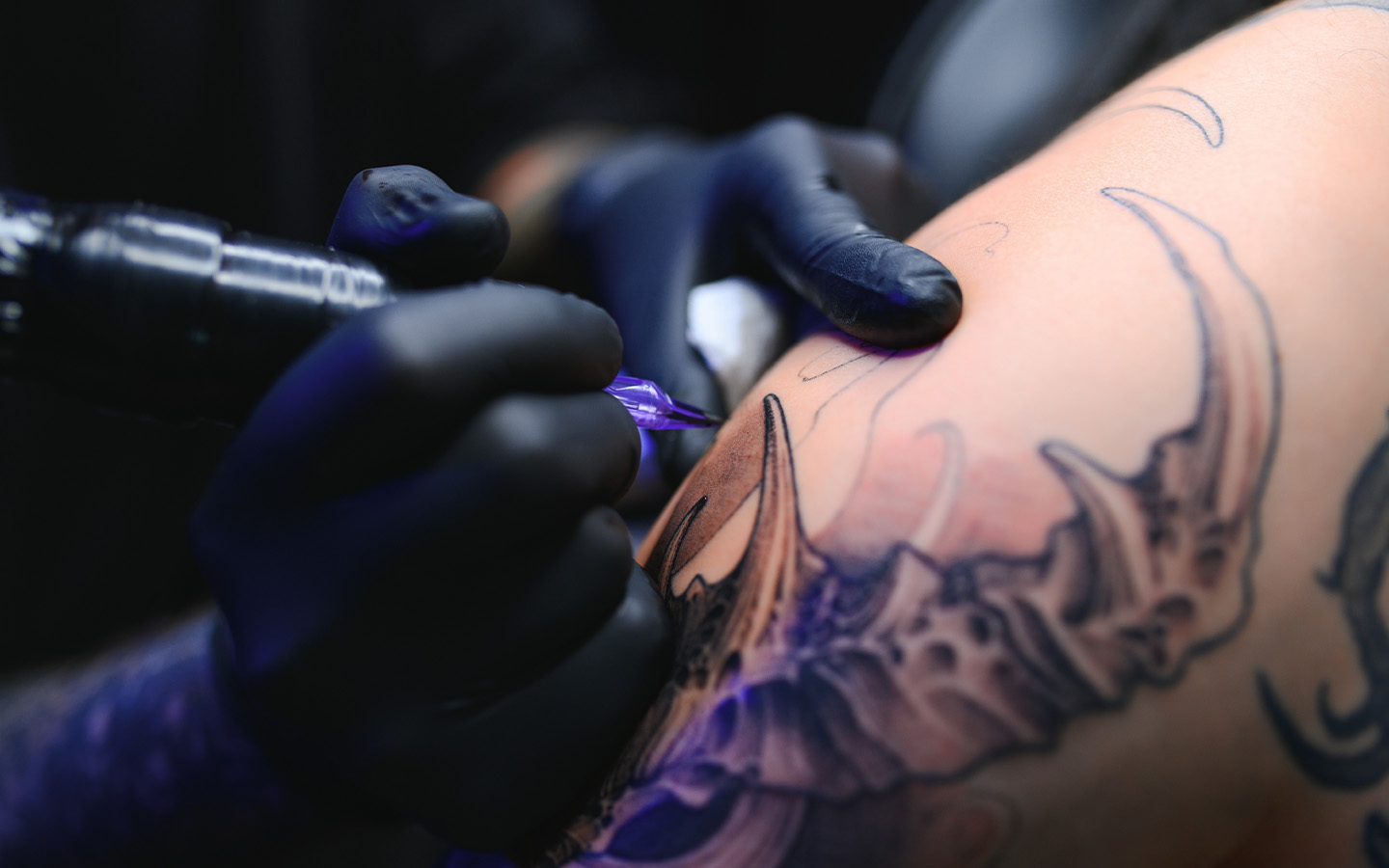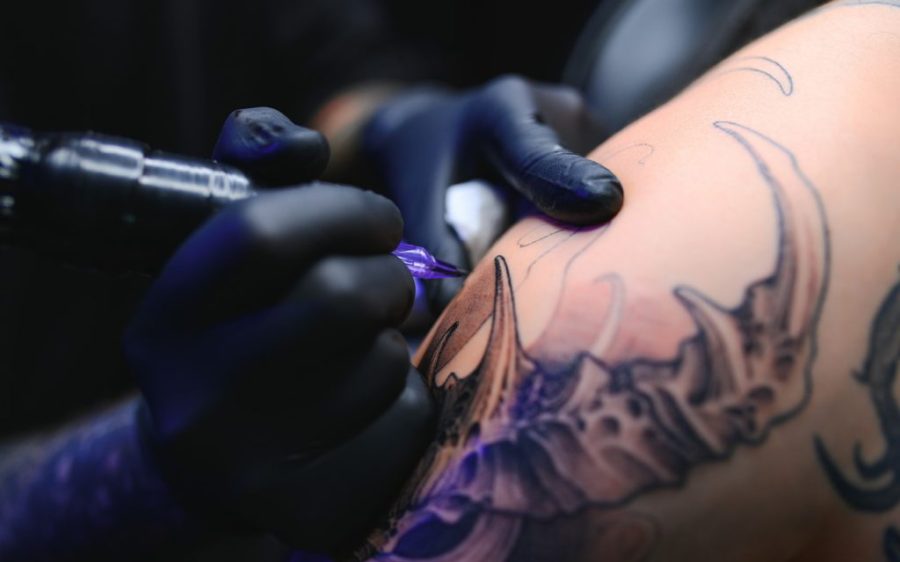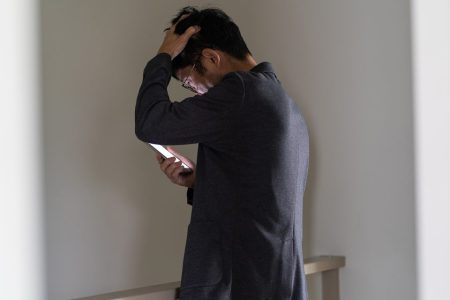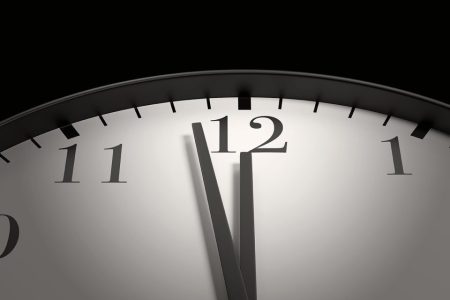South Korean lawmakers have voted overwhelmingly to legalise tattooing by non-medical professionals, overturning a ban that put thousands of professional tattooists in the country at risk.
The landmark Tattooist Act passed without a single vote against it, racking up 195 votes in favour and seven abstentions from the 202 members present, reports the BBC. Its passage likely marks the end of a decades-long ban on tattooing by those without medical licenses, opening the door for non-medical professionals – who make up the bulk of South Korea’s tattoo industry – to obtain a license to practice legally.
“I can’t speak because it feels like a dream. I am truly grateful,” Lim Bo-ran, president of the Korea Tattoo Federation, said when the law passed. Industry groups and tattoo artists have spent years fighting to change the laws governing tattooing in South Korea.
President Lee Jae-myung is expected to sign the bill into law, having promised during his campaign to back bills legalising tattooing. It will take effect in two years, with tattoo artists required to pass a national exam, complete safety and hygiene training, and keep detailed records. Tattoo removal will remain a medical procedure.
[See more: MGTO targets South Korea’s Millennial and Gen Z travellers]
South Korea’s US$1 billion tattoo industry employed an estimated 350,000 artists in 2021, up from 220,000 just four years earlier. Most specialise in semi-permanent “cosmetic” tattoos to enhance lips, eyebrows and hairlines, but relatively few have the medical qualifications required under the ban.
Their work is technically illegal, leaving tattooists open to threats, abuse and the possibility of fines up to 50 million Korean won (US$35,000) or up to five years in prison.
Even the country’s most celebrated tattooists were impacted by the ban, like Doy, whose client list reportedly includes stars like Brad Pitt, Steven Yuen and Lilly Collins. “When I am overseas, working with celebrities such as Brad Pitt, people call me ‘artist’,” Doy, whose real name is Kim Do-yoon, told the BBC in 2022. “However, once I return to Korea, I am a lawbreaker.” Doy had been slapped with a 5-million-won (US$3,500) fine after a video of him tattooing a popular Korean actress went viral.
The Korean Medical Association appears to be the only voice arguing artists like Doy should remain lawbreakers, saying that “tattooing is fundamentally a medical procedure, and its growing popularity does not reduce the associated risks.” The country’s human rights watchdog disagrees, arguing the actual level of danger involved does not justify excluding non-medical professionals.






